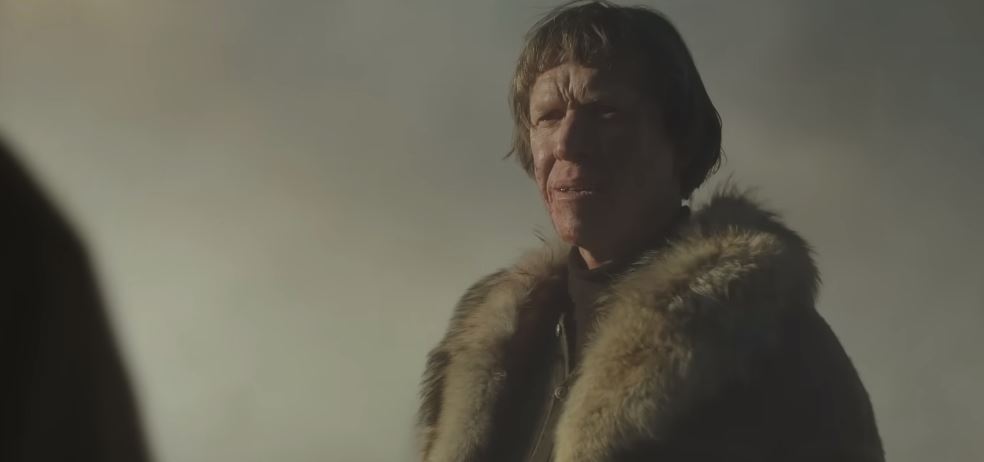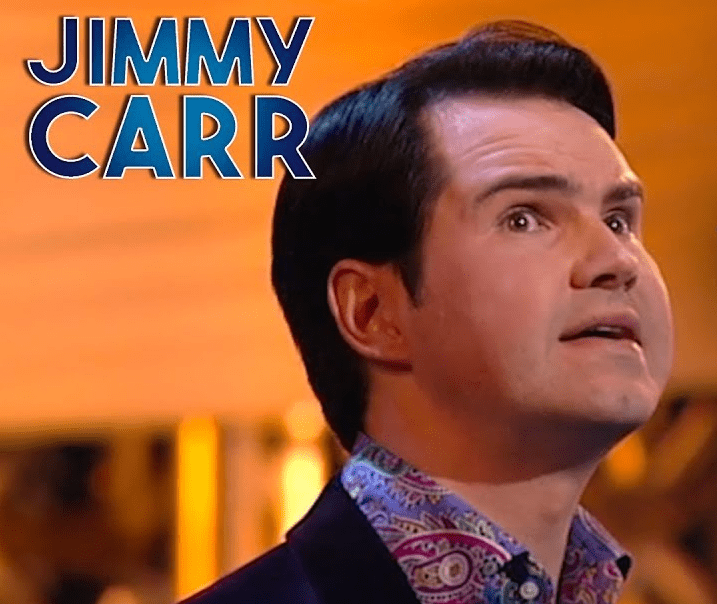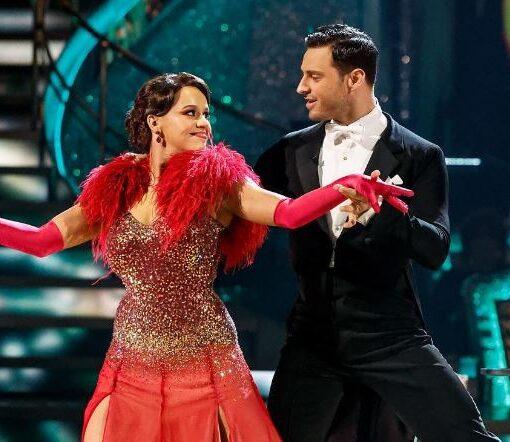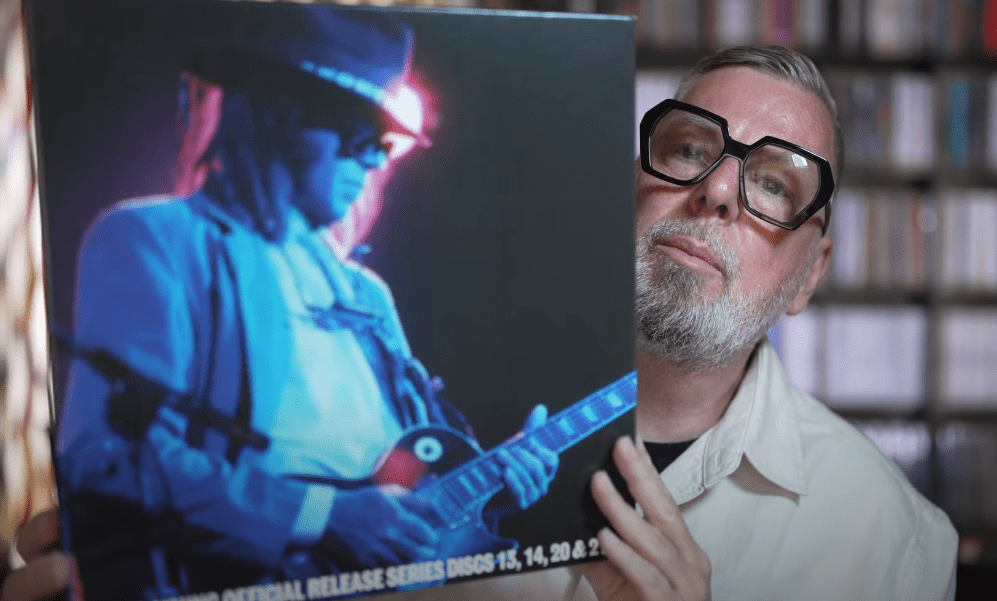
Fargo Season 5 introduced viewers to the enigmatic character of Ole Munch, portrayed by Sam Spruell, whose origins and nature were illuminated by director Thomas Bezucha.
The show, known for its eccentric characters and intricate storytelling, took a unique approach with Munch, the sin-eater, adding a layer of complexity to the narrative.
Originally conceived as the ancestor of Munch, the sin-eater was meant to have familial ties. However, the creative team, led by Bezucha, decided to pivot, turning Munch into the sin-eater himself.
This twist brought an intriguing depth to the character, making him over 500 years old, cursed with immortality, and burdened with the task of absorbing the sins of others.
As Bezucha explained in an interview with Inverse, Munch’s essence as a sin-eater is deeply rooted in Welsh folklore. The character’s curse began when he accepted the responsibility of consuming the sins of a dying man, a selfless act that left him condemned to roam the Earth for centuries.
Spruell’s performance, marked by a dissociative quality and cryptic dialogue, captured the mysterious and timeless nature of Munch, who refers to himself in the third person, emphasizing his detachment from the human experience.
In Fargo Season 5, Munch becomes entangled with Dot Lyon, a central character in the storyline. His role as a sin-eater is pivotal, and his curse is intricately linked to the theme of debt explored throughout the season.
The character’s journey unfolds in the finale, titled “Bisquik,” where Munch seeks vengeance against Dot for past injuries. The episode takes the audience on a compelling exploration of forgiveness, redemption, and the breaking of curses.
Munch’s encounter with Dot leads to a transformative moment, where the themes of forgiveness and debt are brought to the forefront.
Dot’s gesture of offering Munch a biscuit made with love becomes a symbol of absolution. Through this act of kindness, Dot manages to purge the bitterness of Munch’s curse, providing him with a chance at a more peaceful existence.
Spruell’s portrayal of Munch, with his distinctive red jacket and peculiar haircut, adds a layer of intensity to the character. Munch, with his centuries-old perspective and experiences, embodies an elemental force moving through the Fargo landscape.
The character’s rigid posture and cryptic philosophies evoke comparisons to iconic figures from previous seasons, such as Anton Chigurh.
As the finale unfolds, Munch’s complexity is further highlighted. His interactions with Dot and her family showcase the clash between Munch’s otherworldly nature and the mundane, heartwarming atmosphere of the Lyons’ household.
The juxtaposition of Munch’s character within the familial setting brings humor and discomfort, emphasizing the transformative power of kindness explored in the season’s closing episodes.
The culmination of Munch’s arc in “Bisquik” delivers a fulfilling and resonant conclusion to his character. Breaking free from his curse and finding peace, Munch becomes a symbol of the overarching themes of Fargo Season 5.
The series, known for its nuanced storytelling and exploration of morality, weaves Munch’s narrative into a larger commentary on human nature, forgiveness, and the possibility of redemption.
In retrospect, the reduction of Munch to a lesson in kindness and forgiveness might seem like a departure from the character’s earlier portrayal as a mesmerizingly spectral force. However, Fargo Season 5’s commitment to exploring the transformative power of generosity and grace underscores the season’s humanist growth and moralistic tone.
Ole Munch’s journey in Fargo Season 5, from a vengeful and cursed sin-eater to a character finding solace through an unexpected act of kindness, encapsulates the show’s ability to blend the surreal with the profoundly human.
As Munch takes that final bite into Dot’s biscuit, the audience witnesses not only the breaking of a curse but also a poignant moment that resonates with the season’s overarching themes of forgiveness and the possibility of redemption.




